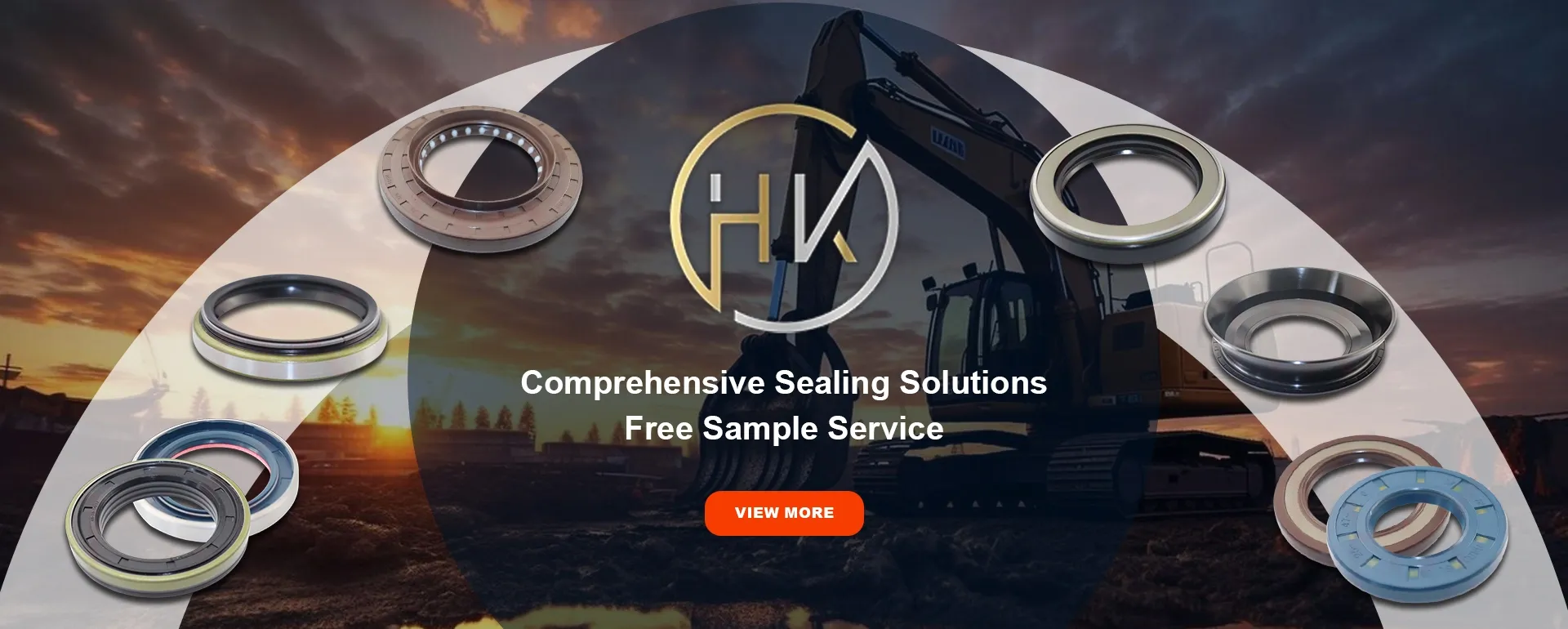Lis . 29, 2024 17:01 Back to list
Understanding the Importance and Functionality of Oil Seals in Machinery Operations
Understanding Oil Seals Essential Components for Mechanical Systems
Oil seals, often referred to as hydraulic seals or grease seals, play a critical role in various mechanical systems by preventing fluid leakage and protecting internal components from contamination. These seals are essential in ensuring the efficient operation of machinery ranging from automotive engines to industrial equipment. This article delves into the types, functions, applications, and maintenance of oil seals to highlight their significance in mechanical design and reliability.
What is an Oil Seal?
An oil seal is a mechanical component designed to retain lubricating fluids, such as oil or grease, within a system while keeping contaminants, such as dirt or moisture, out. Typically made from elastomers or rubber compounds, oil seals come in various shapes and sizes to fit different applications. Their design usually features a sealing lip that makes contact with a rotating shaft and a casing that fits snugly into a housing, ensuring a tight seal.
Types of Oil Seals
Oil seals can be categorized based on their construction and the application they are used for
1. Single Lip Seals These are the most common types, featuring one lip that contacts the shaft. They are ideal for applications where the pressure is low and there is less risk of contamination.
2. Double Lip Seals Equipped with two sealing lips, these seals provide enhanced protection against leakage and contamination. They are often used in higher-pressure applications or where there is a significant risk of dirt ingress.
3. Spring Energized Seals These seals incorporate a spring around the sealing lip that applies constant pressure against the shaft. They are particularly effective in high-temperature scenarios and can be used in a variety of environments.
4. Permanent Seals Designed for applications that do not require frequent replacement, permanent seals are typically used in assemblies where access is limited.
Functions of Oil Seals
The primary functions of oil seals are
oil seal

- Fluid Retention By creating a seal around moving parts, oil seals prevent lubricants from leaking out, which is essential for maintaining the efficiency of machinery and extending the lifespan of components
. - Contamination Protection Oil seals act as a barrier against contaminants, preventing dirt, dust, and moisture from entering the system, which could otherwise cause wear and damage.- Reducing Friction Although they are primarily for sealing, oil seals also help reduce friction between moving parts, contributing to smoother operation and energy efficiency.
Applications of Oil Seals
Oil seals are ubiquitous in many industries, including
- Automotive Oil seals are integral in engines, transmission systems, and wheel bearings, ensuring that lubricants remain inside and contaminants do not enter.
- Industrial Machinery In manufacturing equipment, oil seals are used in hydraulic systems, pumps, and gearboxes to maintain operational integrity.
- Aerospace Oil seals are crucial in aircraft systems, where they help in preventing fluid leakage and ensuring safety during flight.
- Home Appliances Appliances such as washing machines and refrigerators utilize oil seals to protect motors and compressors.
Maintenance and Selection
Proper selection and maintenance of oil seals are vital for ensuring their effectiveness. When selecting an oil seal, factors such as the operating temperature, pressure conditions, and the type of fluid must be considered. Regular inspections should be conducted to check for signs of wear, cracking, or deformation.
In summary, oil seals are invaluable components that ensure the reliability and efficiency of mechanical systems. Their ability to retain fluids and prevent contamination is essential in countless applications, making them a crucial aspect of modern engineering. Understanding the various types, functions, and maintenance of oil seals can lead to better machinery performance, prolonged equipment life, and reduced operational costs. Investing in high-quality oil seals and conducting regular maintenance checks will pay dividends in the long run, enhancing both productivity and safety in mechanical operations.
-
TCN Oil Seal Metal Ring Reinforcement for Heavy Machinery
NewsJul.25,2025
-
Rotary Lip Seal Spring-Loaded Design for High-Speed Applications
NewsJul.25,2025
-
Hydraulic Cylinder Seals Polyurethane Material for High-Impact Jobs
NewsJul.25,2025
-
High Pressure Oil Seal Polyurethane Coating Wear Resistance
NewsJul.25,2025
-
Dust Proof Seal Double Lip Design for Construction Equipment
NewsJul.25,2025
-
Hub Seal Polyurethane Wear Resistance in Agricultural Vehicles
NewsJul.25,2025
-
The Trans-formative Journey of Wheel Hub Oil Seals
NewsJun.06,2025
Products categories
















